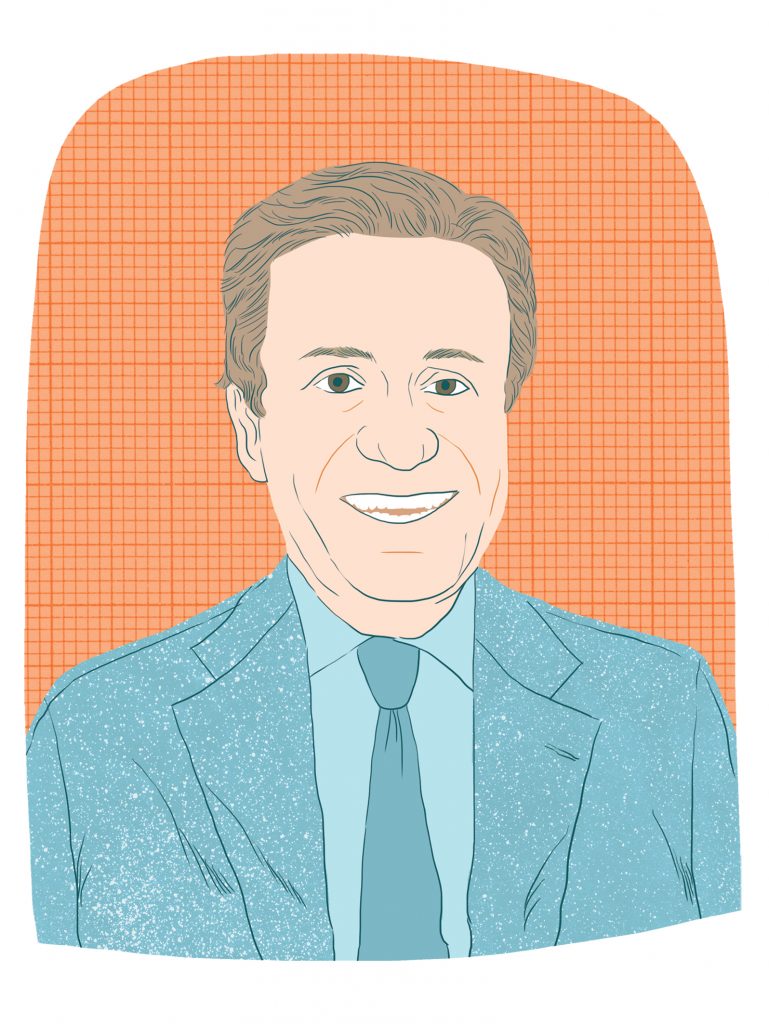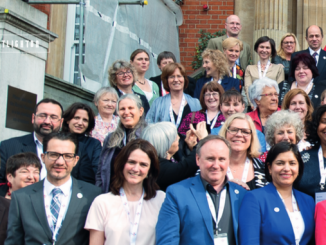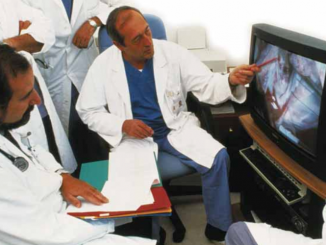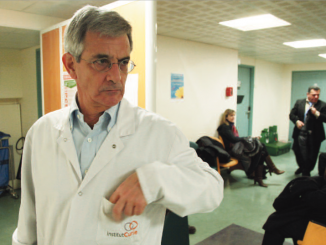 “Multidisciplinary team meetings have become meaningless.” “It’s a rubber stamp.” “It’s a bureaucratic exercise.” These comments, made by oncologists from a number of countries at an ESO meeting to discuss training needs, paint quite a dispiriting picture.
“Multidisciplinary team meetings have become meaningless.” “It’s a rubber stamp.” “It’s a bureaucratic exercise.” These comments, made by oncologists from a number of countries at an ESO meeting to discuss training needs, paint quite a dispiriting picture.
It seems we still need to win the argument with key clinicians about why care is better when voices from across cancer disciplines are heard, and we need to explain to hospital administrators what has to happen to make MDTs viable.
The good news is that Europe’s professional cancer societies seem to be very willing to deliver those explanations and win those arguments.
First up, the European Society of Pathology – a very lively scientific society, with more than 3000 members and over 50 years of history. In this era of personalised cancer medicine, pathologists view the heavy responsibility they have in determining treatment decisions, and even communicating their findings to patients, with a mixture of nervousness and enthusiasm.
At a strategy retreat held in Athens in January, they took a close look at how they can best discharge that responsibility. They also considered how moving to digital scanning of specimens could help their efforts to explain their findings at MDT meetings, as well as facilitating teaching and second opinions.
ESTRO, Europe’s radiation oncology society, has also been arguing the case for more effective multidisciplinary treatment planning and decision making, through their Marie Curie Legacy Campaign. They have compiled evidence to show that a least one in four patients in Europe who could benefit from radiotherapy do not get it.
At a meeting with policy makers at the European Parliament, at the end of January, they argued for the need to address shortfalls in training, capacity and research. But they also pointed to a pattern of failure by clinicians from other disciplines to offer radiotherapy to patients who could benefit.
Mention was also made, at that meeting, of the ‘Essential requirements for quality cancer care’ recommendations, which are being drawn up by ECCO, and will be presented later this year at ASCO.
But responsibility also lies with every cancer professional to understand and respect the contribution made by everyone else involved in a patient’s care.
The take home message: talk more to your pathologist and other members of your team, and learn about what they do. You may find yourself becoming a better clinician!





